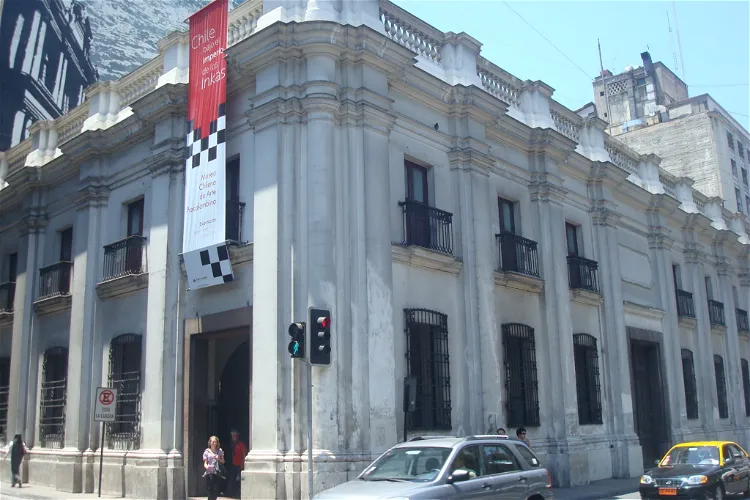Are you curious about ancient civilizations and archaeological finds? Here are the archaeology museums you must see in Santiago:

Museum of Precolombian Art
SantiagoThe Museum is housed in the old building of the Royal Customs Palace of Santiago, located at the corner of Bandera and Compañía streets, in the historic center of the Chilean capital. It is conveniently located near the Plaza de Armas metro station, making it easily accessible for tourists.
Museum of Visual Arts
SantiagoThe Museum of Visual Arts (MAVI) is situated in the vibrant Lastarria neighborhood of Santiago, Chile. It is conveniently located next to the Archaeological Museum of Santiago, in the Mulato Gil de Castro Square. This location makes it easily accessible for tourists who are exploring the city and are interested in immersing themselves in Chilean art and culture.
National Museum of Natural History
SantiagoThe Chilean National Museum of Natural History, one of the three national museums in Chile, is situated in Quinta Normal Park. This museum, founded in 1830, is one of the oldest natural history museums in South America. It was established with a focus on the biology and geography of Chile, particularly its crops and mineral resources.
Military and Historical Museum of Chile
SantiagoThe Military and Historical Museum of Chile, also known as MHM, is a permanent institution situated in Santiago, Chile. It is open to the public and is dedicated to serving society and its development. The museum's administration is managed by the Chilean Army Garrison. It was established to educate the public about Chile's military history and its value as a historical-cultural heritage.